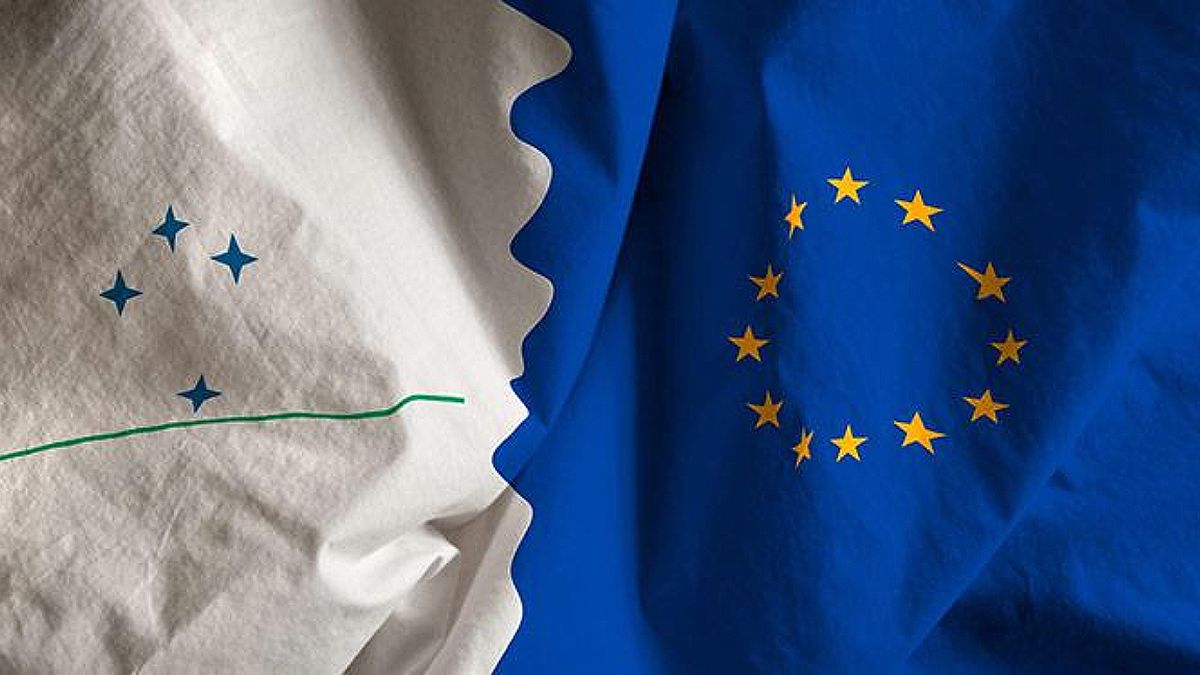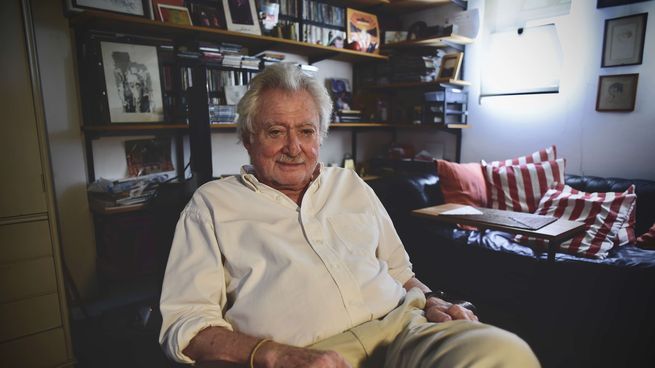He Free trade agreement between Mercosur and the European Union (EU) seems to be entering the last stage of negotiation despite the multiple obstacles caused, mainly, by European environmental demands and the conditions set as countermeasures by the regional bloc. Argentina press the accelerator counterclockwise Brazil, while Uruguay awaits further definitions that provide certainty about the closing of this long international chapter.
With the change of government in Argentina and the new pro tempore presidency of the Mercosur in charge of Paraguay, December brought a rearrangement of forces within the regional bloc: on the one hand, the Executive Branch headed by Javier Milei in the neighboring country assured that the signing of the agreement with the EU is of “vital importance” within the framework of its totally openingist; while, on the other, the president’s position Santiago Pena not to wait any longer for Europe, and negotiate with other potential economic partners.
This brought, in principle, two consequences: the willingness to make concessions on the part of Argentina that, during the last four years, they were non-negotiable; and the possibility that, in seeking to close 25 years of negotiations, the Mercosur —and, perhaps, the EU itself—make its conditions more flexible, giving new impetus to the talks.
The new scenario opens with the Argentine decision to withdraw claims for compensation against the environmental addendums added to the agreement through the Green Pact, As reported Argentina scope. In this sense, the Milei government would abandon the line of international policy that the country maintained during the presidency of Alberto Fernandez —in tune with the Brazil of Luiz Inácio Lula da Silva—, and would seek to close the agreement on the same terms that had been agreed during 2019.
According to sources from the Foreign Ministry of the neighboring country, the objective is to balance the agreement and accept the terms of four years ago, in order to close the first negotiation of this administration, which seeks to free the entry and exit of products without or with very low duty.
The idea would be to symbolically sign the Mercosur-EU agreement during the meeting of the World Trade Organization (WTO) which will take place in February, in Geneva.
What about Uruguay?
Although since Uruguay —or other countries in the bloc— there is still no position on the Argentine decision, for the country this impulse could be good news. Mainly, because it is in line with the desire of the government led by Luis Lacalle Pou: to end as soon as possible a negotiation that has been going on for more than 25 years, while taking a step towards flexibility of Mercosur so demanded by the current management.
The truth is that the fact that Argentina leaves aside its claims regarding the environmental addendums – shared with Brazil, while both governments consider that the demands in terms of environmental care may end up becoming protectionist measures of the European bloc that harm the South American countries—does not imply that the rest of the Mercosur agree to give up on them. It could even generate tensions between partner countries.
For Lula, for example, the inclusion in the counter proposal Issues related to greater European investments in the region or greater export quotas to Europe were key; So it does not seem, at first, that taking a step aside now is an option. It also remains to be seen the position of Paraguay, which, although it issued an ultimatum, could prefer a express closure with certain sacrifices before any closure.
For now, Brazil began a cycle of conversations with Japan, with the intention of expanding regional trade towards the Asian country. While the possibility that the agreement with the EU falls, it also opens the doors to a possible Free Trade Agreement (FTA) of the block with China. so stop Uruguay Both options have profits, with the advantage that Argentina, With the current political sign of its government, it is increasingly positioned as a strong ally within the South American multilateral organization.
Source: Ambito




